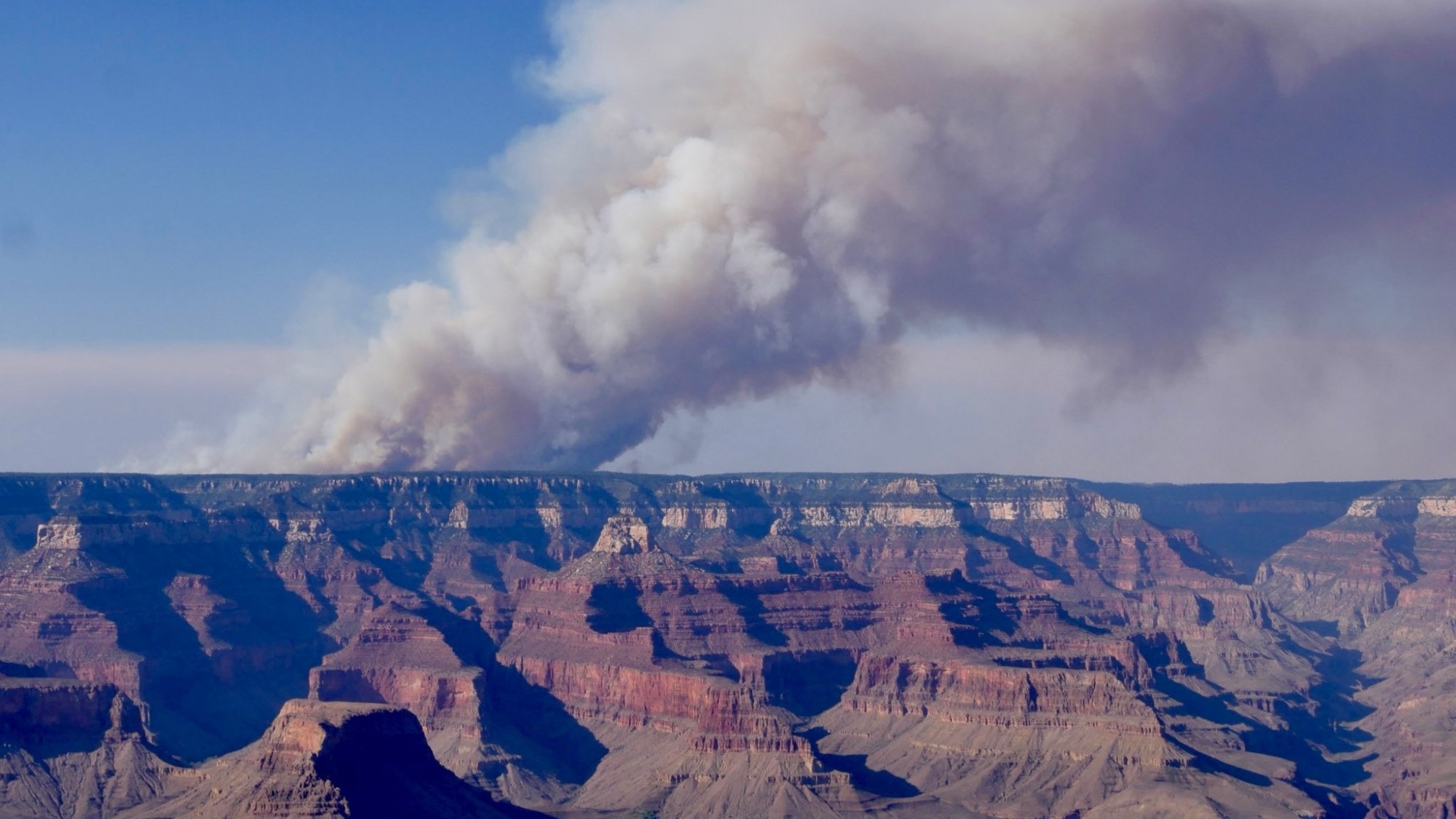Robin Coste Lewis' 6 favorite books
The poet recommends works by Toni Morrison, Gwendolyn Brooks, and more

Jazz by Toni Morrison (Vintage, $16). It would be enough that Jazz brilliantly explores a significant moment from the past through the story of a love triangle in Harlem, and that Morrison layers various histories so that each steps up then recedes — yes! — like jazz improvisation. But on top of all that, she draws and redraws the frame of narration, ever so subtly, so that one begins to wonder about the narrator's identity in the way one wonders about God's.
Notebook of a Return to the Native Land by Aimé Césaire (Wesleyan, $18). This long poem, which shook the French literary world in 1939, examines the ways home is ruptured — or even prevented from existing — by colonialism. And what, the book asks, does that mean? How can one return to a home that was never built?
Handwriting by Michael Ondaatje (Vintage, $14). This is the first contemporary poetry collection I read that showed me how to hold the ancient world, issues of empire, and post-coloniality all in the same hand. There's something documentarian about these poems, but the documentation is lyrical; it sings.
The Week
Escape your echo chamber. Get the facts behind the news, plus analysis from multiple perspectives.

Sign up for The Week's Free Newsletters
From our morning news briefing to a weekly Good News Newsletter, get the best of The Week delivered directly to your inbox.
From our morning news briefing to a weekly Good News Newsletter, get the best of The Week delivered directly to your inbox.
Philosophical Investigations by Ludwig Wittgenstein (Wiley-Blackwell, $39). Wittgenstein's slow descent into the trickery of language haunts me. His meditations on the games we play with one another, indeed the ways we construct ourselves, via sounds and signs, took over my head.
A Street in Bronzeville by Gwendolyn Brooks (Library of America, $10 in e-book form). Brooks was the first African-American to win the Pulitzer, and her 1945 debut collection was a game changer. Suddenly the American sonnet was a vast historical landscape, a democratic door, a site of protest and adoration.
The Mahabharata (Penguin, $20). Like most epics, there is a war (boo!) and there are men behaving, predictably, badly (double boo!). Yet embroidered throughout this Sanskrit epic's grand arc are countless scenes where the floor shifts, the frame slips. Gods grow tenderly existential; lovers meet and then, lifetimes later, return as enemies in war, unaware of their intimate history. It is all about shape-shifting, which is to say the Mahabharata is a guide to living that's only pretending to be a tale of war.
—Robin Coste Lewis' debut poetry collection, Voyage of the Sable Venus, won a 2015 National Book Award. The title poem is 79 pages long and is entirely composed of a savvy listing of Western artworks that have depicted the black female figure.
A free daily email with the biggest news stories of the day – and the best features from TheWeek.com
-
 ‘Managed wildfires have spread out of control before’
‘Managed wildfires have spread out of control before’Instant Opinion Opinion, comment and editorials of the day
-
 Separating the real from the fake: tips for spotting AI slop
Separating the real from the fake: tips for spotting AI slopThe Week Recommends Advanced AI may have made slop videos harder to spot, but experts say it’s still possible to detect them
-
 Europe sets 2027 deadline to wean itself from Russian natural gas
Europe sets 2027 deadline to wean itself from Russian natural gasIN THE SPOTLIGHT As international negotiators attempt to end Russia’s years-long invasion of Ukraine, lawmakers across the EU have reached a milestone agreement to uncouple the continent’s gas consumption from Moscow’s petrochemical infrastructure